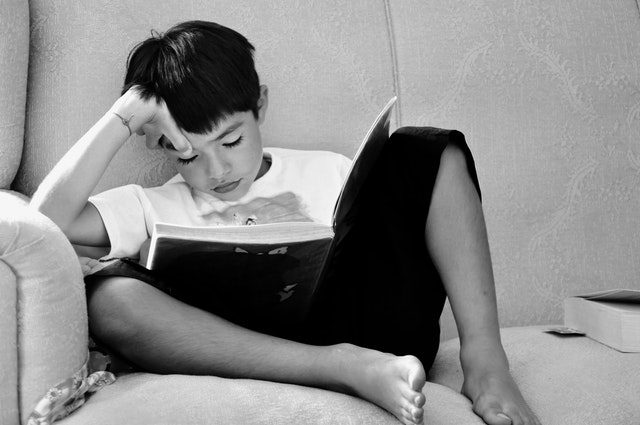HOMESCHOOLING AND THE HUNGER GAMES
/On a whim, I checked out The Hunger Games audiobook at my local library. It was a last-second decision. I plucked it from the “teen” shelf and plopped it down onto my pile of books already being processed. I recently had success with engaging the bulk of my kids' attention with a free audio version of Les Miserables (my favorite book) on YouTube. Before you guffaw over the age appropriateness of this decision, I will regress; parental guidance starts waaaaay before the age of 13.
Think about it; rated “G” means the material presented is suitable for a general audience. But as long as that general audience is exposed to half naked women plastered on magazines at the grocery store checkout line, as long as violence is marketed as heroism in the form of little boy’s toys, as long as our leadership is disproportionately represented by privileged white males (some who still have their jobs regardless of the recent ‘sexual-harassment’ shake-down) … I will be openly discussing things with my kids aged (5-11) that are considered outside acceptable guidelines.
Just to be clear, I didn’t pop the Hunger Games in and check out: firstly because it's dang entertaining, and secondly, because it's a brutal story. I will say that the brutality is on par with a popular history curriculum that is used at my charter school, The Story of the World by Susan Wise Bauer. The descriptions in the Hunger Games of people killing one another was even mild in comparison, given that this particular history curriculum geared toward ages 8-12, gives coloring pages for the plagues of Egypt, along with full details about heads being thrust onto spikes.
Honestly, violence is the least of my concerns in the Hunger Game series. What I pause and reflect on most is the heroine’s “responsibility” to placate The Capital with her feigned desire and sexuality. These are some of the best conversations with my growing daughters, who view Katniss Everdeen as a bad-ass female, quick and accurate with a bow, who single-handedly bread wins for her entire family, and has enough energy at the end of the day to selflessly exchange her own life for that of her little sister’s. Suzanne Collins’ character is an idol by those definitions. But Katniss also comes packaged as an average sexually conceptualized woman; her worth and power are marred by how well she displays her physical sensuality.
These abstract ideas that our children pick up from movies and TV shows, conversations, clothing, characters from books, and real-life people moving around in their world, these salvaged pieces of life fabricate the world that our kids sew together. It’s like Maya Angelou said:
"You are the sum total of everything you've ever seen, heard, eaten, smelled, been told, forgot - it's all there. Everything influences each of us, and because of that I try to make sure that my experiences are positive."
This admirable quote may seem to smack my ideals in the face. I would just like to add to it that we are influenced by so many unaccountable things, and try as you might to present to your children only those influences that are positive, you still won’t be able to shield them from the “everything” else. The other option is to open up those ideas; unpack what they mean, explore what makes a human susceptible to negative thoughts or behaviors. What other option is there?
In defense of the Hunger Games, I will also add that this dystopian series has invoked feelings and conversations about many other things: our current climate, the effects of food waste, the plundering of the earth’s resources, and the counter effects of taking advantage of a comfortable 21st century life, just to name a few.
Reading aloud, or sharing an audiobook can become a bonafide, cross-curricular lesson. By following an interesting character like Katniss through an exciting plot, we have yielded discussions about our own government, what we know about United States geography, and even questioned what choices a person has when told to be obedient to an authority that doesn’t hold true to their individual morals.
If Hunger Games still sounds a bit too edgy for your 5-year-old, (I kid! Her attention span doesn’t sit for audiobooks just yet) there are so many other options for gleaning the benefits I’ve mentioned here. Reading aloud (and independently where content is held to stricter guidelines) is the cement that holds our homeschooling together. It is time-consuming, of course, but so valuable, I don’t see that we could spend our time as wisely doing anything else.
Here are some excellent read alouds that we have currently shared, and have sparked an emphasis on some of those “influential everythings” that are hard to find a segue into on a normal day to day basis:
The Giver Quartet by Lois Lowry.
Hatchet by Gary Paulsen
The Breadwinner series by Deborah Ellis Pam Munoz Ryan
Harry Potter series by JK Rowling
Les Miserable Victor Hugo
-Emily
































